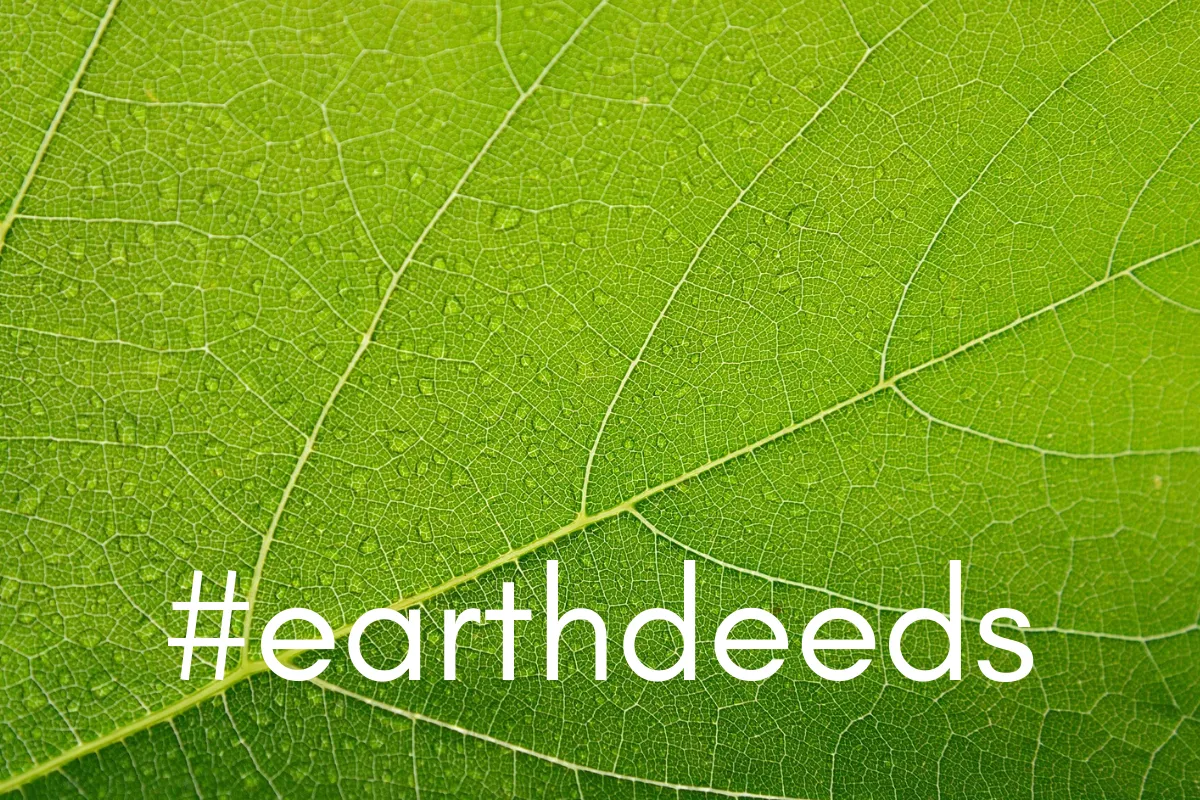
I have, for years, had a seemingly irrational urge to plant for nutritional density. Everything in my 6th sense has screamed that we need to grow less, use our energies far more wisely and plant differently. We need to be channeling our energies into trees that will yield every year, in great abundance, and feed half a village, rather than planting lettuces to feed a family of 4 for a month. We need to be focusing on trees which produce high value edible fats and oils, given the massive environmental destruction caused by global canola, soy and palm production. We need to be planting things that have multiple functions - food, and oils, and timber, and natural medicine. And something has always screamed in my head that we need to be planting more now, for people who won't be able to fend for themselves.
Till now, I have equated this feeling with my refugee friends along the Thai-Burma border. I have always assumed this 6th sense niggle related to them, and the need to create food security for large numbers of vulnerable, displaced people.
Only this week I began to understand that this 6th sense is also about our changing global demographic. I read a report of a study conducted by the University of Washington's Institute for Health Metrics and Evaluation and reported in both the Lancet and on the BBC.
The number of over 80-year-olds will soar from 141 million in 2017 to 866 million in 2100. Source
Wow. We think we have an aging population now. 80 years from now we are projected, based on current falling birth rates, to have 8 times the number of needy, old and less-than-optimally-healthy people than we have now. And we're already swamped.
It seems a wonderful outcome for Mother Earth, to have fewer people competing for resources. And in many ways, it is. But it raises some huge questions:
Who pays for healthcare for the elderly? Who looks after the elderly? Will people still be able to retire from work?
Which countries will be most affected?
Japan's population is projected to fall from a peak of 128 million in 2017 to less than 53 million by the end of the century.
Italy is expected to see an equally dramatic population crash from 61 million to 28 million over the same timeframe.
They are two of 23 countries - which also include Spain, Portugal, Thailand and South Korea - expected to see their population more than halve. Source
Populations more than halved in many of the world's big food producing countries, and the average population age skyrocketing. Hmmmm. ?? 🤔 Working in a sweltering rice field, vegetable farm or an orchard at 70 years of age? 🤔
As I read this study, I suddenly had a flash of more and more people, depending on fewer people who actually work and produce food. And I knew then, again, that nutritional density is a HUGE issue for Mother Earth in so many ways.
Why??
- More high yield trees which don't require pesticides will be a game changer for a cleaner world;
- More nutritionally dense vegan food will mean millions of animals wont need to be slaughtered;
- More nutritionally dense foods will mean fewer grains, less big-agro mono-cropping and healthier people;
- Planting a tree once which yields annually for 30 years means labour can be used more wisely elsewhere;
- Trees, as opposed to fields of mono-cropped grains, encourage biodiversity and help stabilize things like soil erosion and the water table;
- Trees which can be used for timber at the end of their 20-30-50 years of fruiting makes so much more sense than annual ploughing of bare fields;
- Trees which yield not only oil seeds, but greens for food, bark and leaves for medicines, and ultimately timber are a wonderful use of limited time, space and water resources.
So this week, pondering the changes in my world and how I could best engage and support a different future, I planted.
I planted moringa seeds.
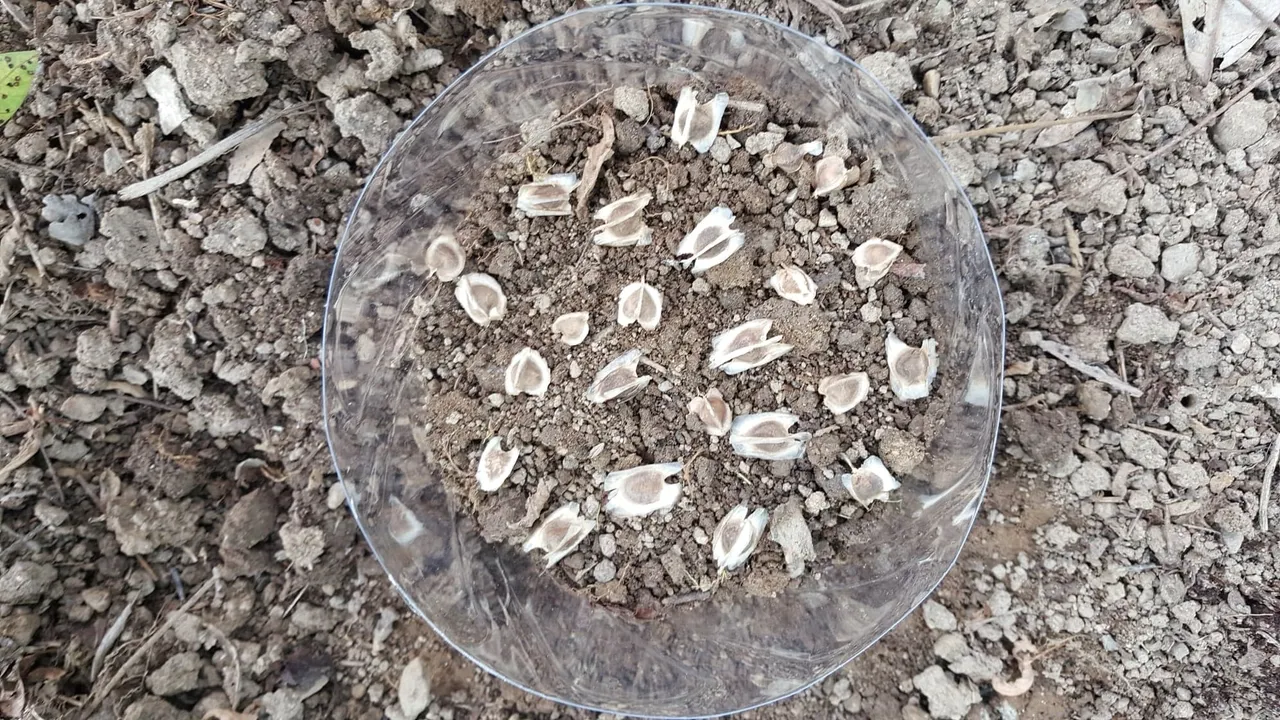
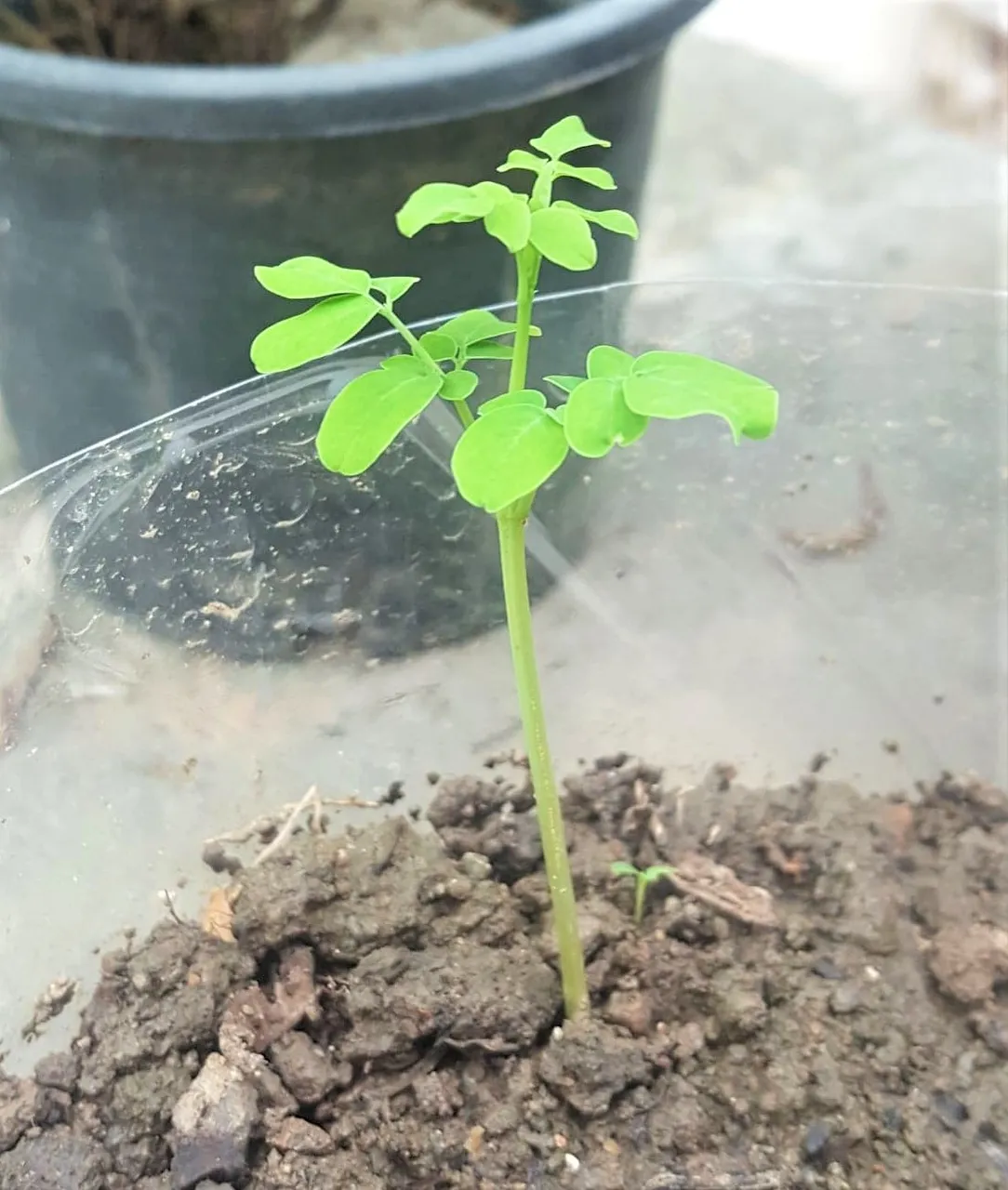
You can read more about my upcycled monsoon seed raising capsules Here.
The moringa seeds join my baby avocado trees, and my young chestnut trees, all grown from seed. All 3 trees grow huge, yield extravagantly and for decades, and will feed many families with almost zero care. All 3 trees yield exceptionally high value food. All 3 trees grow easily here in north Thailand, with almost zero care.
My baby trees will be planted around the edges of poor mountain villages along the Thai-Burma border, this year and next.
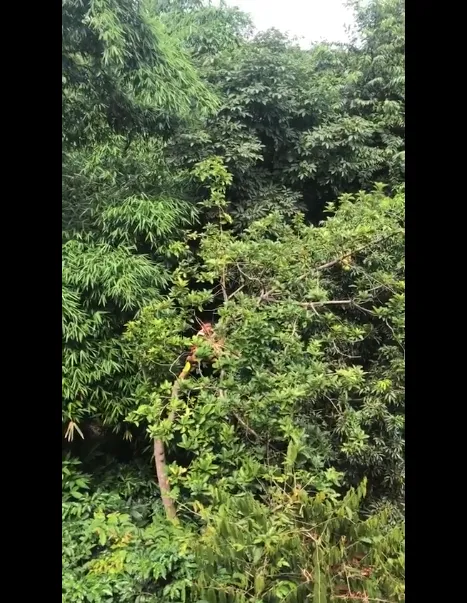
Local boy from a Lahu tribal village picking wild avocados in the jungle.
Chiang Mai Province, Northern Thailand
I expect to be an old lady in my mountain village home, enjoying the abundance the trees will give so freely and easily, for so many. I look forward to relieving the burden on Mother Earth in future years as we learn to eat differently and become less dependent on Big Agro, mono-cropping and cheap carbohydrates. I look forward to free, high value food being available to anyone who needs it. I look forward to enjoying the feeling that I have contributed to the health and abundance of others.
When is the best time to plant a tree? Yesterday.
We have much work to do. Join me?


Get Your FREE Hive Account
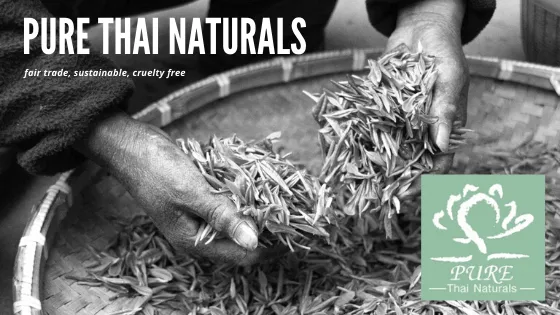
Visit our online store here

Join The Best Natural Health Community on Hive

